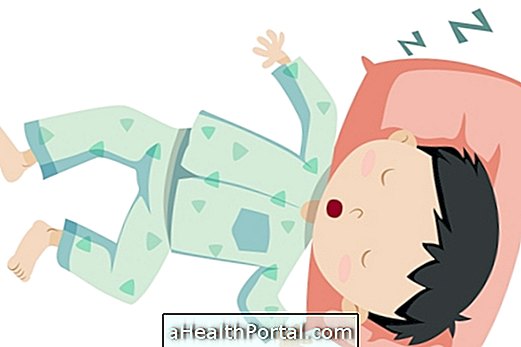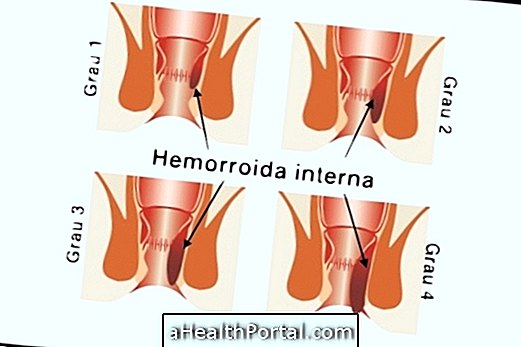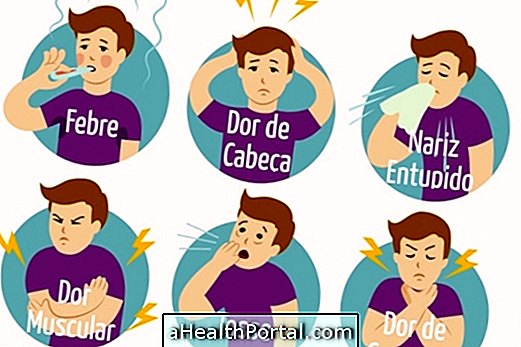Sleep disease, known scientifically as African human trypanosomiasis, is a disease caused by the bite of the tsetse fly, which is common in several African countries.
Symptoms usually appear a few weeks after the bite, but can take several months to emerge, depending on the response of the organism and the species of the fly, for example.
The first symptoms are more difficult to identify because they include headache, fever and joint pains, which can be mistaken for an influenza or cold. However, over time, the parasite affects the central nervous system and other signs appear as:
- Frequent confusion;
- Sudden changes in behavior;
- Difficulty of coordination;
- Balance problems.
In addition, there are also known sleep disorders that cause an excessive sleep sensation during the day, but it is difficult to maintain a good night's sleep and rest.

This disease should be identified and treated as soon as possible, because if too much evolution can endanger the life of the person due to injuries caused by the parasite in the nervous system and various parts of the brain.
How it is transmitted
The most common form of transmission of sleeping sickness is through the tsetse of the tsetse fly. In rare cases, the infection can also arise due to the bite of other types of flies or mosquitoes that have previously stung a person contaminated with the parasite, for example.
Thus, the best forms of prevention are:
- Wear long-sleeved clothing, preferably of neutral color, since the fly is attracted by bright colors;
- Avoid being close to weeds, because the fly can inhabit small shrubs;
- Use insect repellent, especially to ward off other types of flies and mosquitoes that can transmit the disease.
In addition, infection with the parasite can also pass from mothers to children, arise from accidental stings with contaminated needles or happen after intimate relationships without a condom.
How is the treatment done?
The treatment varies according to the degree of evolution of the disease, and before it affects the central nervous system is faster and with less aggressive drugs such as Pentamidine or Suramine. When the disease is more advanced, it is necessary to use more aggressive drugs and with more side effects, such as Melarsoprol, Eflornithine or Nifurtimox, that must be administered in the hospital.
This treatment should be continued until the parasite is completely eliminated from the body and therefore blood and other body fluids are required to ensure that the parasite has been completely eliminated. After that, a 24-month surveillance is necessary to ensure that the disease does not recur, and regular blood tests may be necessary.


















